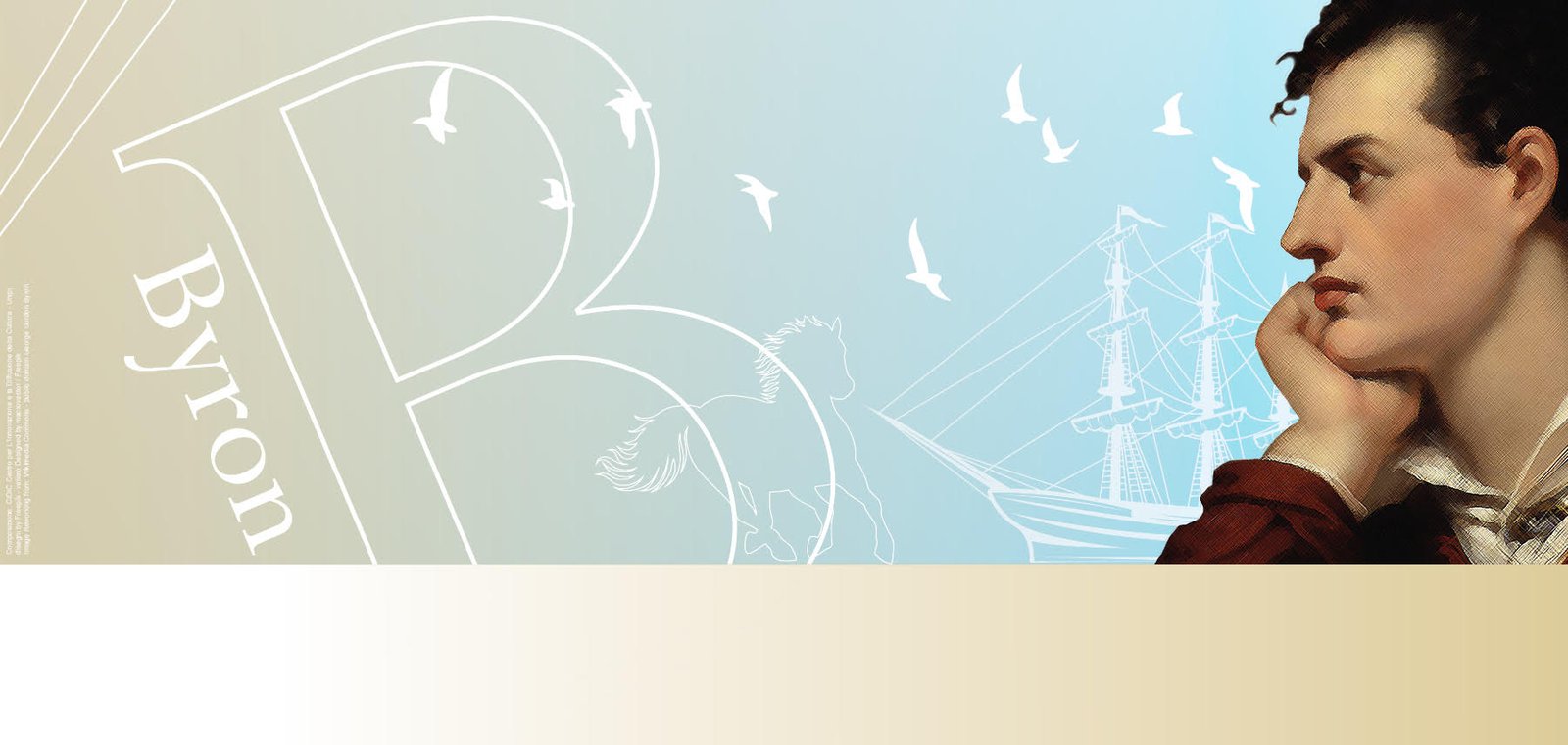
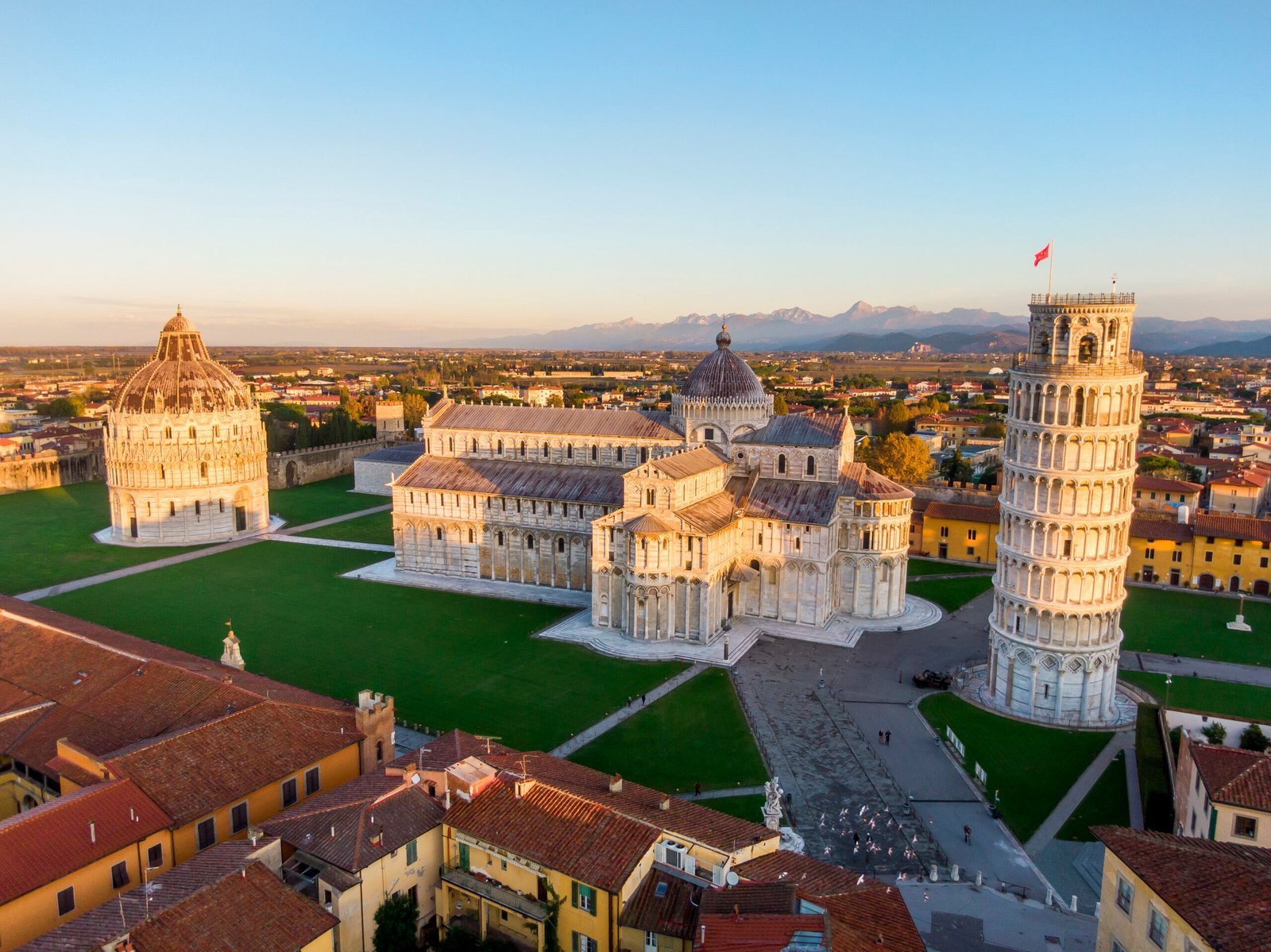
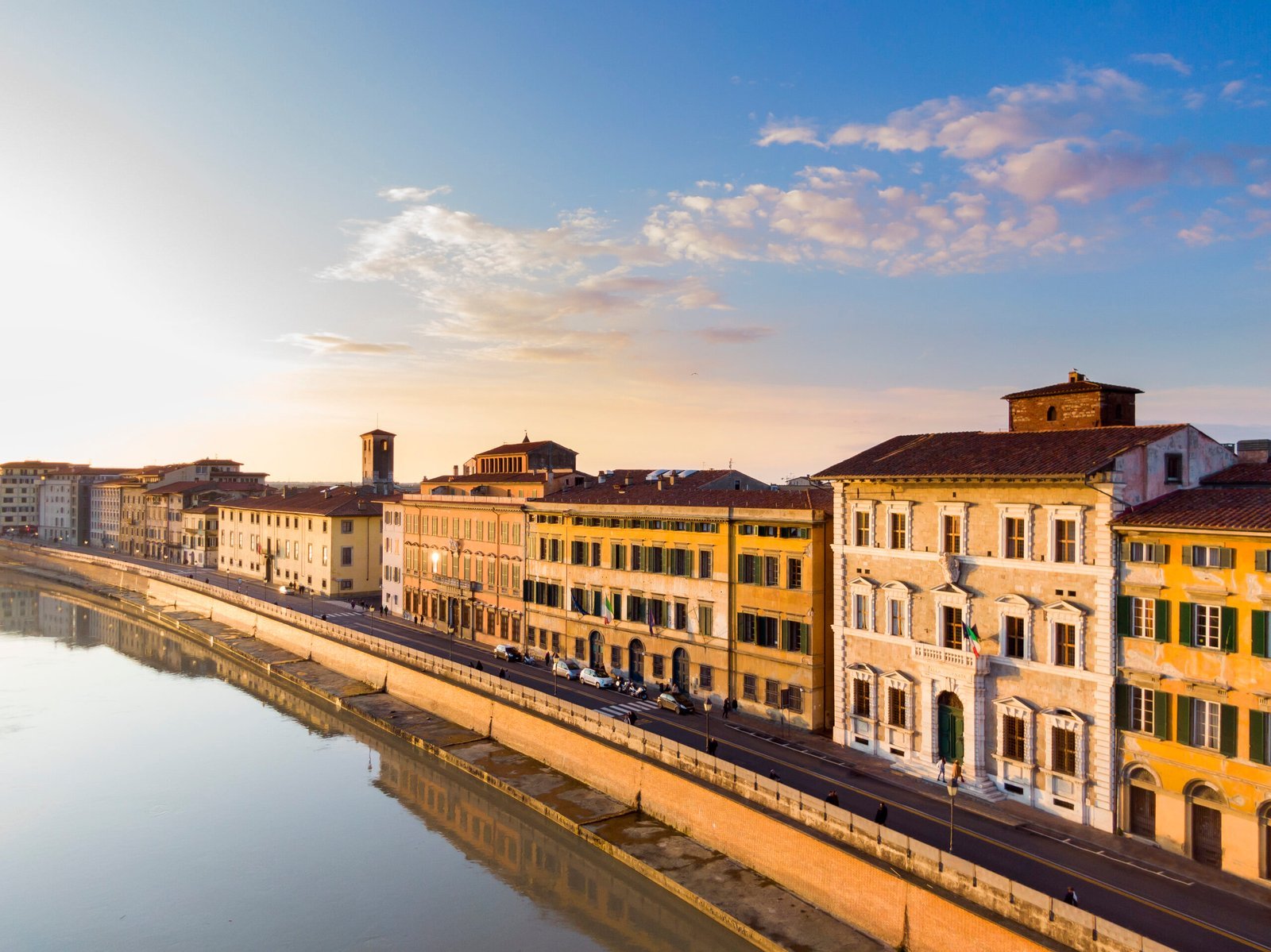
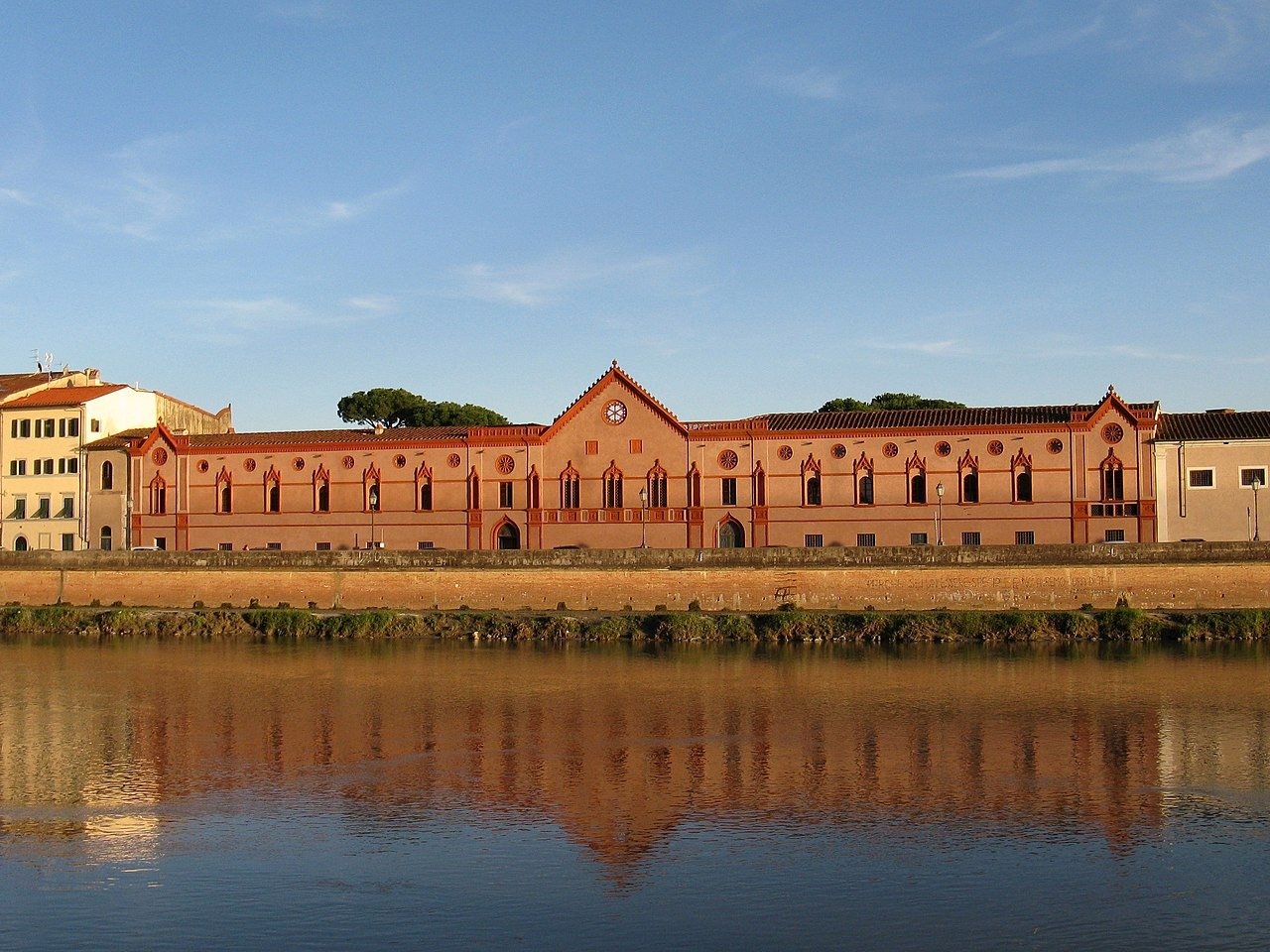
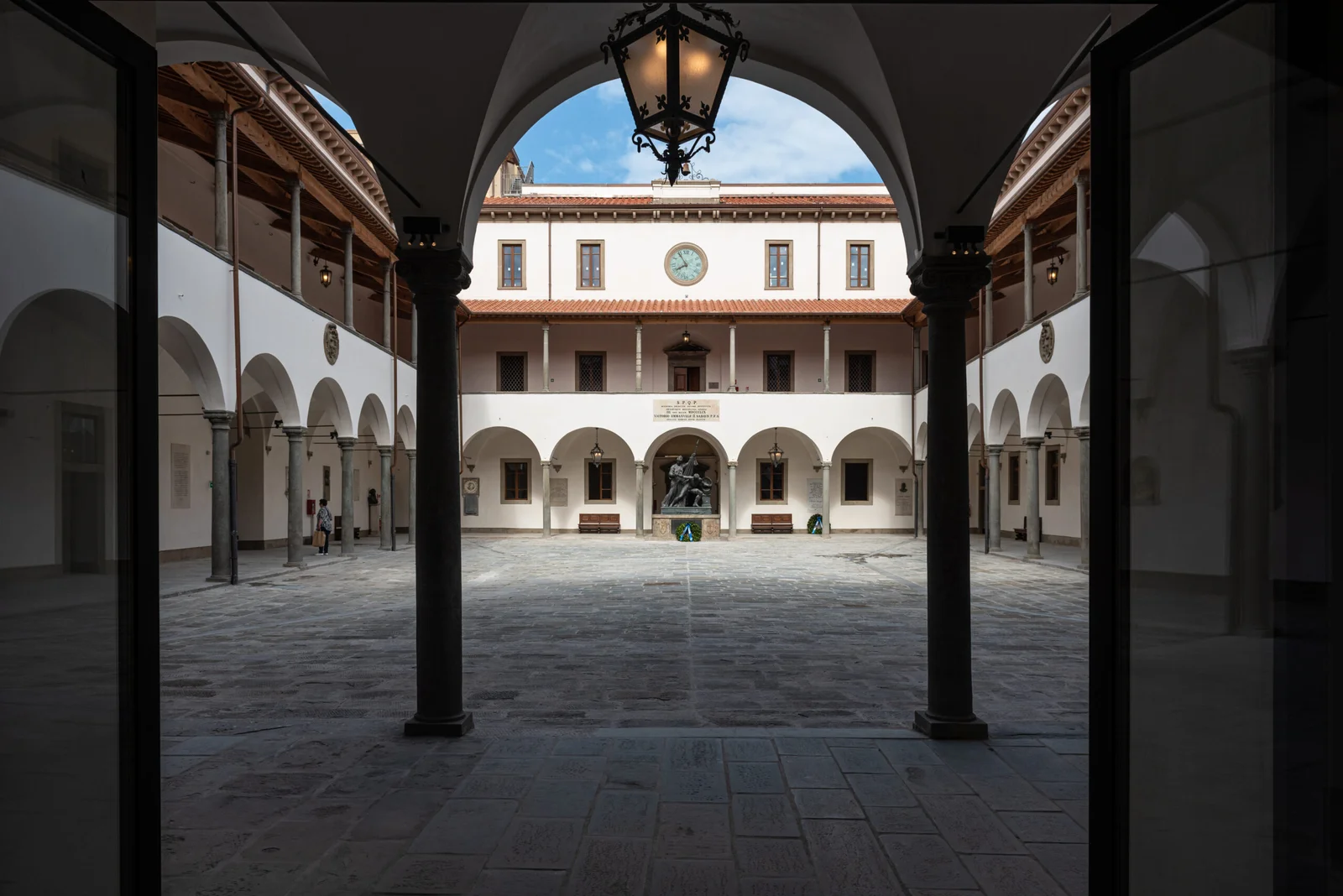
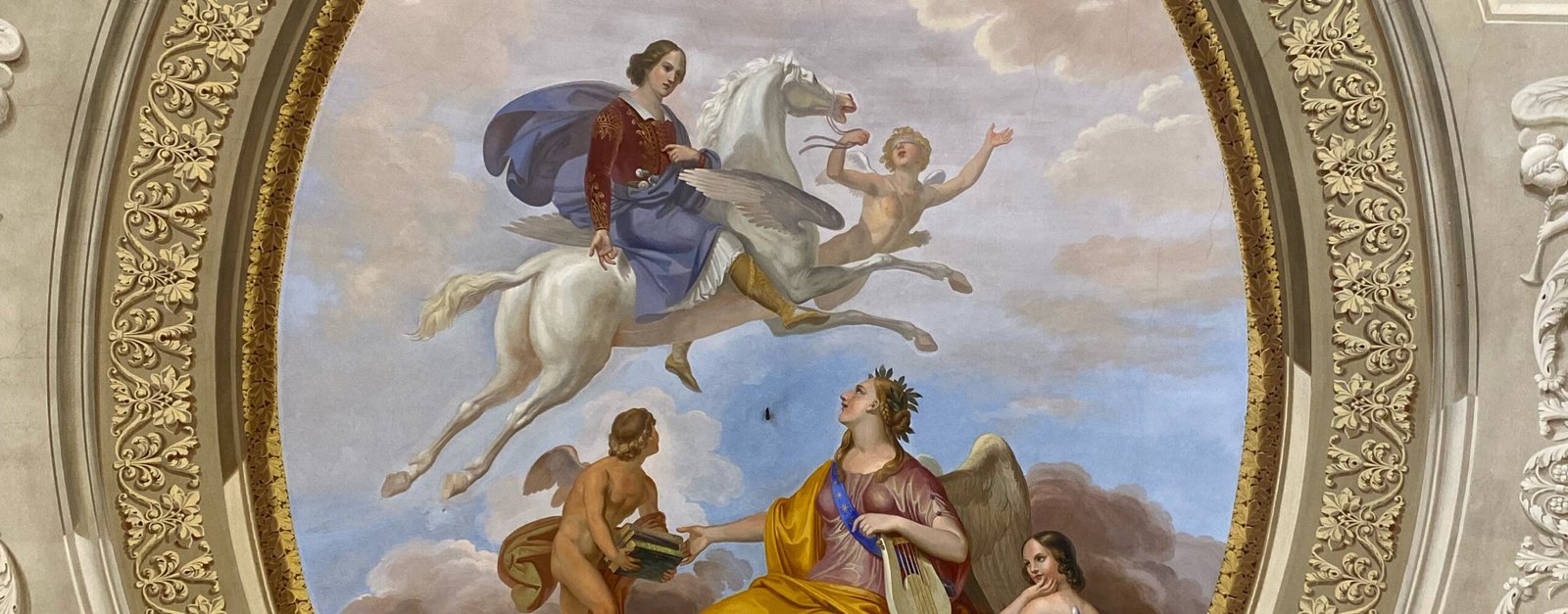

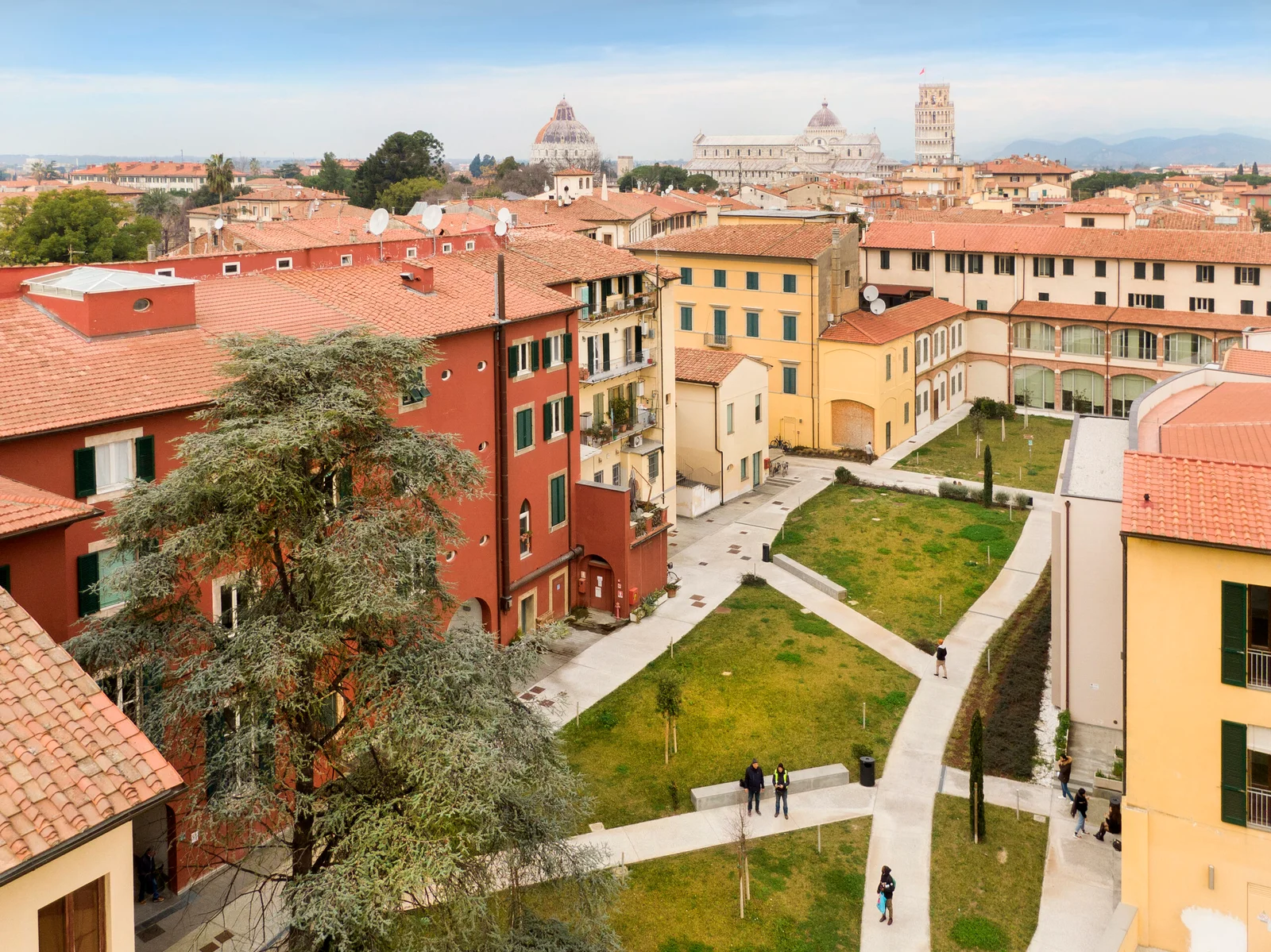
49th International Byron Conference
In the year following the poet’s bicentenary, the 49th International Byron Association Conference will delve into the poet’s enduring and multifaceted legacy from the immediate aftermath of his death to the twenty-first century. The Conference aims to investigate Byron’s perspectives on various forms of futurity– historical, political, personal, and spiritual, among others – as well as the place he and his works have held in culture and literature since 1824, both in Britain and overseas.
Hosted in the historic city of Pisa, where Byron himself once resided, the conference will convene literary scholars, historians, and enthusiasts from around the world. Through keynote addresses, scholarly presentations, and panel discussions, participants will have the opportunity to engage in a rich debate about the poet, his times and his works.
Complementing the academic program, the conference will offer a wide range of cultural events, including visits to sites of significance to Byron and other English Romantics, both in Pisa and the surrounding areas (Bagni di Lucca and Bagni di Pisa, Lerici and San Terenzo), as well as musical performances, exhibitions, and poetry readings.
Keynote Speakers
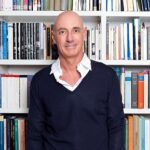
Diego Saglia
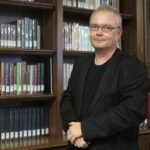
Mark Sandy

Mirka Horová
Byron in Pisa
During his sojourn in Pisa (1821-1822), Byron enjoyed a period of relative tranquillity that enabled him to renew his commitment to literary pursuits. After tumultuous years in England and travels across Europe, Pisa provided a conducive environment for intellectual endeavours.
He resided at Palazzo Lanfranchi, now known as Palazzo Toscanelli, situated on the Lungarno, where he hosted Leigh Hunt and his family and cultivated a close friendship with Percy Bysshe Shelley that proved pivotal to his own literary output.
In Pisa, Byron completed several cantos of Don Juan and, together with Shelley and Hunt, he founded The Liberal: Verse and Prose from the South, a significant work in the context of Anglo-Italian relations and European liberal culture.